What do the model WHS regulations say?
The model WHS Regulations says you, as the PCBU, must give workers PPE if they need it unless the PPE has been provided by another PCBU.
It is also the duty of the PCBU to train workers – and visitors to the workplace – to understand how to use, clean and store it properly.
A worker does not pay for their PPE.
Types of PPE
PPE is anything used or worn by a worker to assist to reduce health and safety risks.
PPE can include:
-
hard hats
-
earplugs
-
gloves
-
goggles
-
respirators
-
sunscreen
-
safety harnesses
-
safety boots, and
-
high-visibility clothing.
Clothing and uniforms that are not for personal protection are not PPE.
When to use PPE
PPE is one of the least effective control measures. It must only be considered after applying higher level measures, such as removing a hazard or substituting it for something safer.
PPE should only be used:
-
as a last resort
-
as an interim measure when other controls are being reviewed or checked , or
-
as a back-up for higher level controls.
Paying for PPE
The PCBU can purchase and give a worker PPE. Or, as the PCBU, you can give your worker a PPE allowance.
If you give your worker an allowance, it is still your duty to make sure the PPE is the right fit, comfortable, and protects the person wearing or using it.
